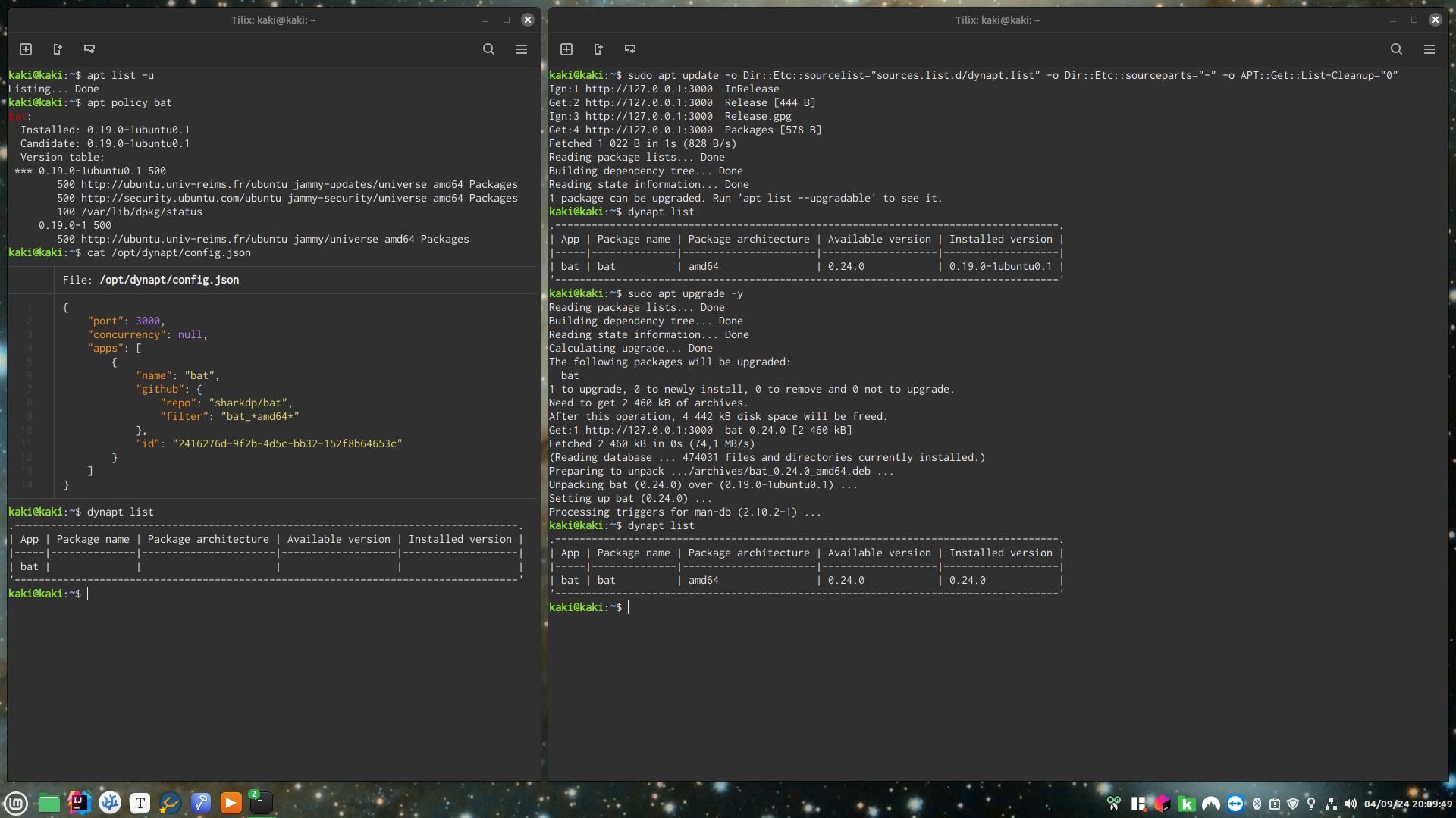this post was submitted on 06 Sep 2024
196 points (99.5% liked)
Linux
48690 readers
764 users here now
From Wikipedia, the free encyclopedia
Linux is a family of open source Unix-like operating systems based on the Linux kernel, an operating system kernel first released on September 17, 1991 by Linus Torvalds. Linux is typically packaged in a Linux distribution (or distro for short).
Distributions include the Linux kernel and supporting system software and libraries, many of which are provided by the GNU Project. Many Linux distributions use the word "Linux" in their name, but the Free Software Foundation uses the name GNU/Linux to emphasize the importance of GNU software, causing some controversy.
Rules
- Posts must be relevant to operating systems running the Linux kernel. GNU/Linux or otherwise.
- No misinformation
- No NSFW content
- No hate speech, bigotry, etc
Related Communities
Community icon by Alpár-Etele Méder, licensed under CC BY 3.0
founded 5 years ago
MODERATORS
you are viewing a single comment's thread
view the rest of the comments
view the rest of the comments

No matter where you install from, you have to trust the source. Indeed, you have to trust every step in the supply chain.
If you are getting your code straight from the author, you are eliminating an exploit that’s introduced by a compromised account of a packager.
Carry on.
Which is not what you are doing at all with a .deb file. A .deb file is a binary with a bunch of scripts to "properly" install your package. Building from source is what you SHOULD be doing. Debian has an entire policy handbook on how packages are supposed to be packaged. Progrmatically you can review the quality of a package with 'lintian'. .debs made by developers following a wiki tutorial can't even come close. remember, apt installs happen as root and can execute arbitrary code.
Also, debian packagers can be project maintainers, so they can be "the author."